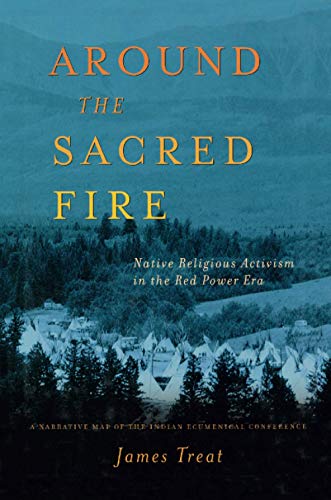

Most ebook files are in PDF format, so you can easily read them using various software such as Foxit Reader or directly on the Google Chrome browser.
Some ebook files are released by publishers in other formats such as .awz, .mobi, .epub, .fb2, etc. You may need to install specific software to read these formats on mobile/PC, such as Calibre.
Please read the tutorial at this link: https://ebookbell.com/faq
We offer FREE conversion to the popular formats you request; however, this may take some time. Therefore, right after payment, please email us, and we will try to provide the service as quickly as possible.
For some exceptional file formats or broken links (if any), please refrain from opening any disputes. Instead, email us first, and we will try to assist within a maximum of 6 hours.
EbookBell Team

4.0
26 reviewsAround the Sacred Fire is a compelling cultural history of intertribal activism centered on the Indian Ecumenical Conference, an influential movement among native people in Canada and the U.S. during the Red Power era. Founded in 1969, the Conference began as an attempt at organizing grassroots spiritual leaders who were concerned about the conflict between tribal and Christian traditions throughout Indian country. By the mid-seventies thousands of people were gathering each summer in the foothills of the Rockies, where they participated in weeklong encampments promoting spiritual revitalization and religious self-determination. Most historical overviews of native affairs in the sixties and seventies emphasize the prominence of the American Indian Movement and the impact of highly publicized confrontations such as the Northwest Coast fish-ins, the Alcatraz occupation, and events at Wounded Knee. The Indian Ecumenical Conference played a central role in stimulating cultural revival among native people, partly because Conference leaders strategized for social change in ways that differed from the militant groups. Drawing on archival records, published accounts, oral histories, and field research, James Treat has written the first comprehensive study of this important but overlooked effort at postcolonial interreligious dialogue.